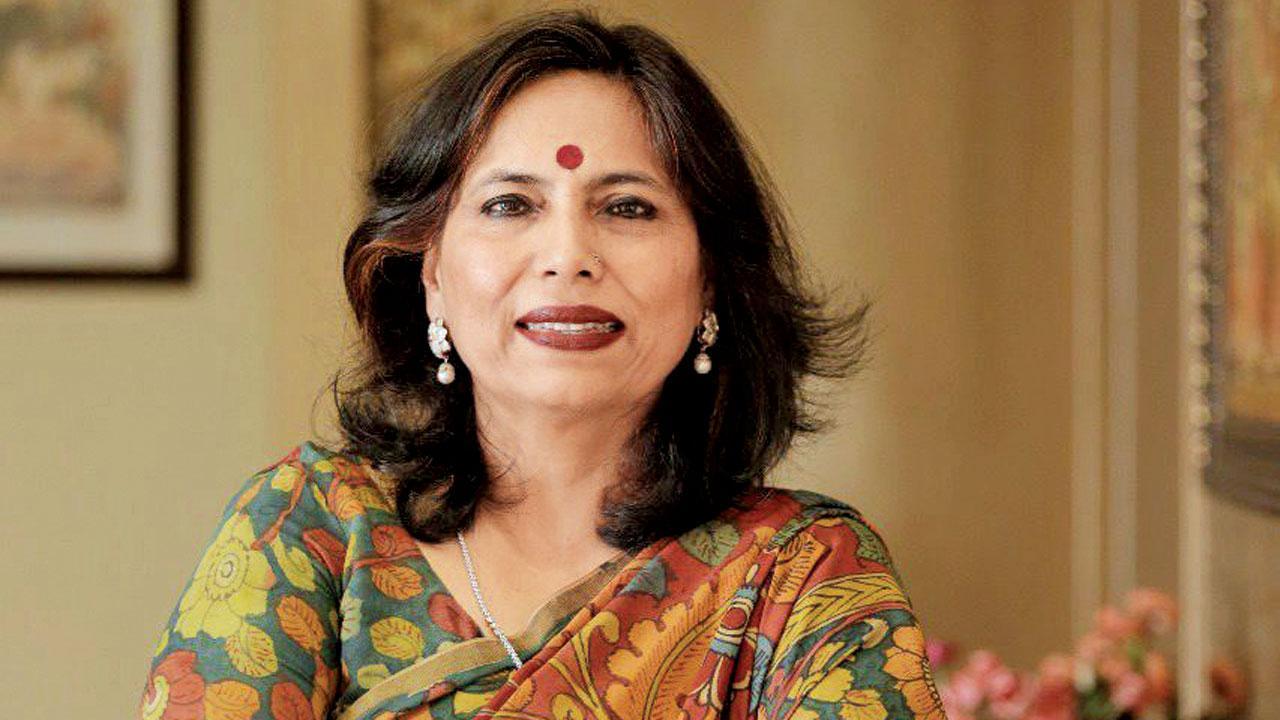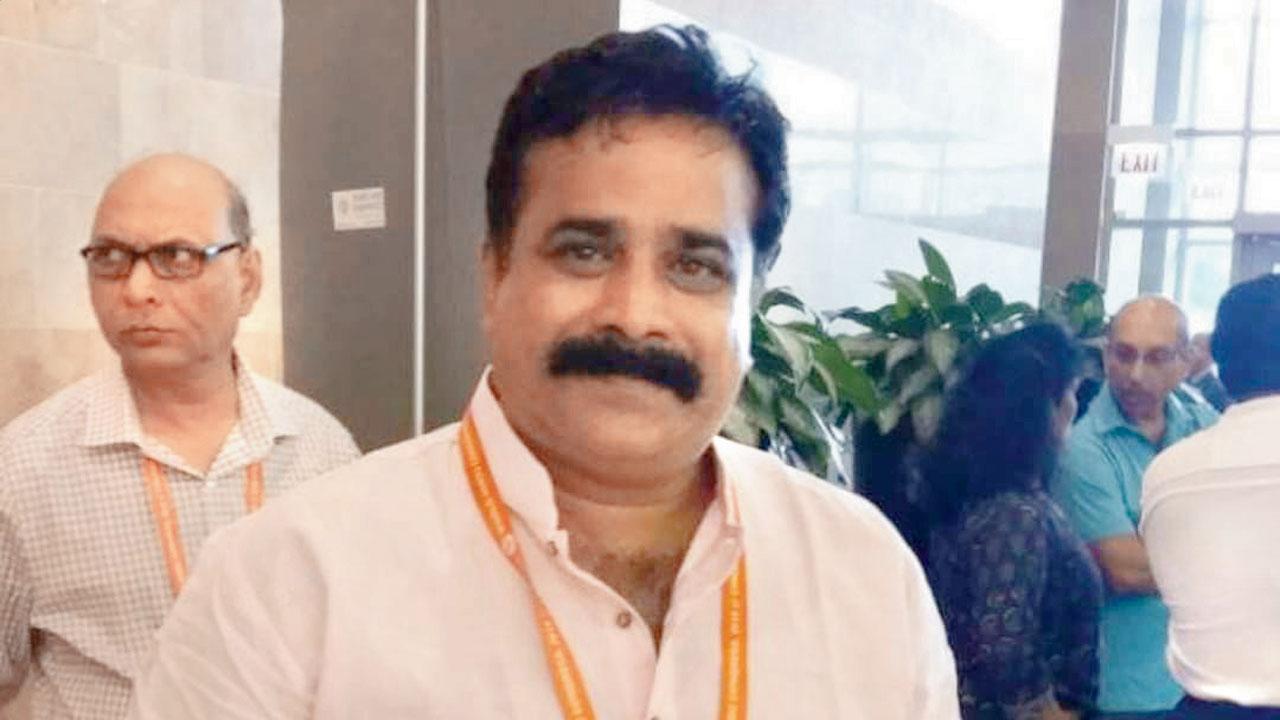Majority congratulates govt decision to raise women’s marriage age from 18 to 21; some cite holistic view and changing mindset

Abha Singh, advocate, Bombay High Court
It is 21 and well done, for many who are enthused about the Cabinet approving a proposal to raise the legal age of marriage for women from 18 to 21 years.
ADVERTISEMENT
Smashing patriarchy
Bombay High Court advocate Abha Singh said, “This is a first step in the right direction. It smashes the patriarchal mindset of the girl having to be younger than the boy. The 18- and 21-years age difference should not have existed in the first place. Article 14 of the Constitution guarantees absolute equality before the law.”
The avenues
Singh, also a well-known gender equality spokesperson, buttressed her argument with facts saying that statistics showed that when women married relatively later, “the maternal mortality rates improved too”. She added, “We have witnessed that at the primary level, you may have 100 per cent enrolment of girls in schools. Yet, as they reach secondary level, girls are forced to drop out for some reasons, one being marriage. Even during COVID times, when schools and colleges were shut completely, some very young girls were forced to get married. The urban scenario may be slightly different, but remember, it is not the urban but rural that drives India.”

Shriraj Nair from Vishwa Hindu Parishad
Singh claimed pushing back the marriage age meant that educational avenues were better for girls. “You need to be 21 to give civil services exams. At times, when girls are married off early, they lose their access to education and, consequently, to give vital exams like these,” she said.
Welcome move
For Vishwa Hindu Parishad’s (VHP) Shriraj Nair, “Education for women is very important. Look at the heights women are reaching today, from Indra Nooyi to Leena Nair who has become the Chief Executive Officer (CEO) of Chanel. Students graduate at 20 or 21, so it certainly makes sense to raise the marriage age for girls so that they have greater educational opportunities. I know there are some who are opposed to this, but many are against it simply because of the Narendra Modi government; they will oppose absolutely anything this government proposes.”
Another view
Anson Thomas, activist who has made a movie named Pledge to Protect and has worked to rescue women from commercial sex work, said, “There is no need to increase the age of when women can marry. I think girls are more mature than boys, and hence the legal age for marriage is 18 for girls and 21 for boys. I think at 18, the girl does know right from wrong. There are so many ways a girl can get trafficked or lured.”
Holistic approach
Zakia Soman, working in the gender equality space and co-founder of the Bharatiya Muslim Mahila Andolan (BMMA), said, “Prima facie, this seems like a welcome development. I disagree with those who say 18 is a mature age for girls. It is still very young and one is just a child. So, to bring both men and women on par, setting the marriageable age at 21 is good. Yet, we need to see the entire picture. We have to tackle socio-economic disadvantages and empower the economically marginalised and stop child marriages. This is because of poverty, lack of education and cultural norms.”
The mindset
Soman also said that in the urban context, “even in fairly comfortable families, there is a mindset that the girl is not to be given too much freedom. So, the law is important but it should be backed with social and economic measures, and it is vital that the mindset changes. What this boils down to is autonomy or the women’s right to choose who she marries and at what age she is going to marry. It is all about giving her more agency,” concluded Soman who was also at the forefront of the fight against triple talaq.
15 Dec
Day when Union cabinet cleared the proposal of the bill
 Subscribe today by clicking the link and stay updated with the latest news!" Click here!
Subscribe today by clicking the link and stay updated with the latest news!" Click here!







